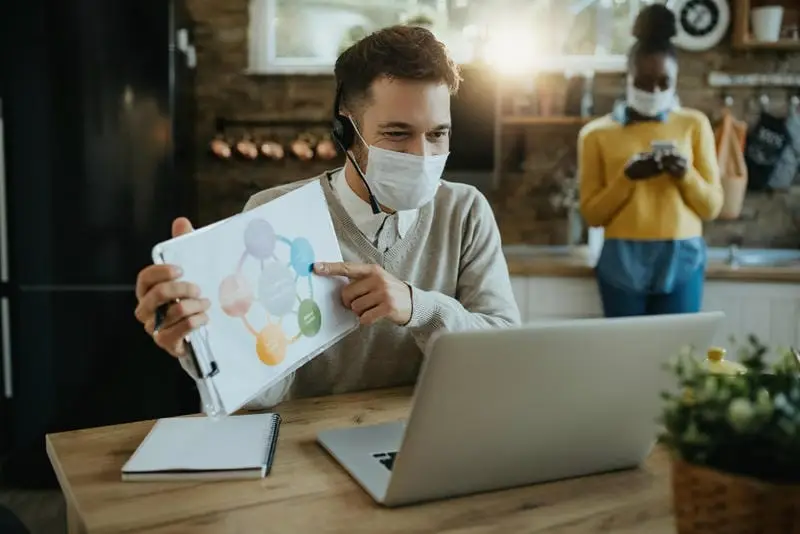- Published on: May 02, 2020
- 1 minute read
- By: Dr Vibhash Mishra
Corona, Cricket And Telemedicine
Corona, cricket and telemedicine
As schoolboys, gossiping about cricket and cinema was our favorite pastime. Decades later when even our children are not school kids anymore, I must confess the nature of our pastime has not become any more serious. The COVID-19 lockdown has inadvertently provided a large chunk of humanity with a rare luxury. Otherwise who has the time in today’s world to stop and stay at home to catch a breath? So catching a breath is what one does these days. Call it reflection and introspection, if you will.
R Ashwin is considered something of an intellectual in the sport of cricket. The other day I happened to come across an interview in which he says we take sport too seriously. That is the large scheme of things, there are other far more important matters. That sports should be seen in a wider perspective and given a place that is not out of proportion.
That took me back by several years. To 1980 to be precise when India and England were playing the golden jubilee test. Bob Taylor was given out by the umpire but the Indian captain Gundappa Viswanath thought otherwise and insisted that he was recalled. The rest, as they say, is history. Now Viswanath himself was not an also-ran by any means. Not quite an intellectual like Ashwin, but a batting genius all the same and a giant of a human being.
We can debate the relative value of intellectuals and good human beings to society but that is not the point of my musing, although, I do believe that the world needs several-fold more good human beings than intellectuals.
Back to the point, I was closing in on.
There were curses and kudos for Viswanath. In the midst of all that, the legendary commentator Jasdev Singh made a very poignant remark - Viswanath gave away the game but kept alive the spirit to promote which sporting events are organized in the first place. Now, what is this spirit that Jasdev was referring to? Fairness? Justice? Healthy competition? Honesty? Integrity? But then, are those, not the values the world should be guided by anyway? Would the world not do well to adopt those values in wider life? Would you still say we take sports too seriously? Just reflecting.
Meanwhile, you all stay in and be safe, the principles of which are well-known by now - social distancing and hand hygiene. And don’t ignore your other health issues. It may be months before normalcy is restored. Your medical condition can get worse in the interim. You may think I am encouraging you to visit a hospital and risk being turned down for lack of capacity or catching an infection. I am not. I am asking you to think of an alternative way of seeking medical help. Have you considered telemedicine? Online consultation with a specialist anywhere in the world? Have you heard of www.secondmedic.com? That’s where we are.
Dr. Vibhash Mishra
Chief Medical Officer Second Medic Inc









